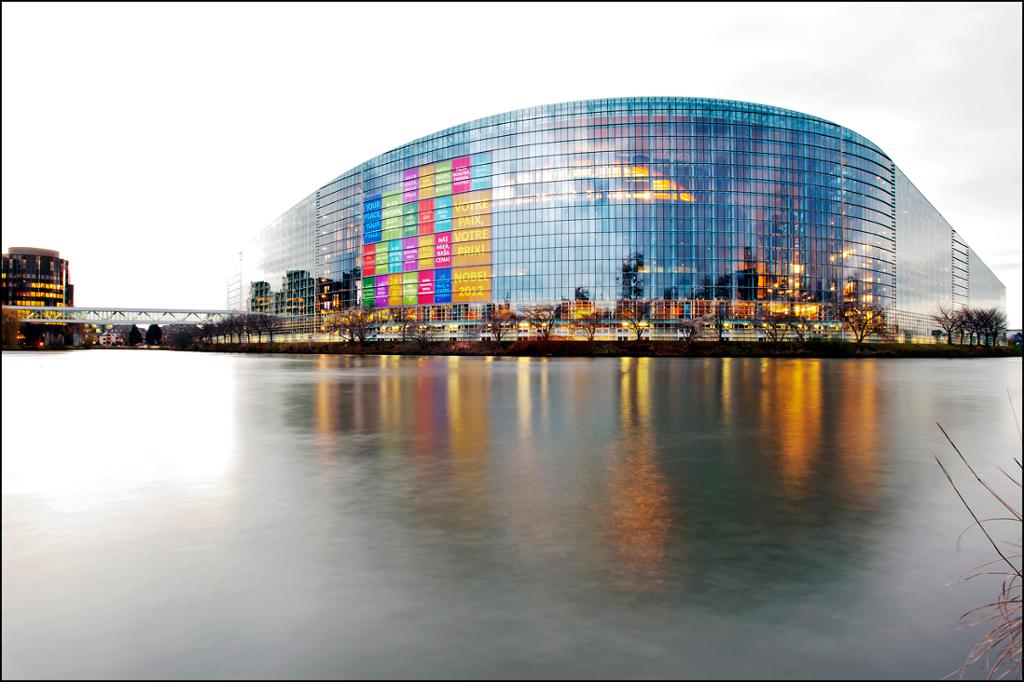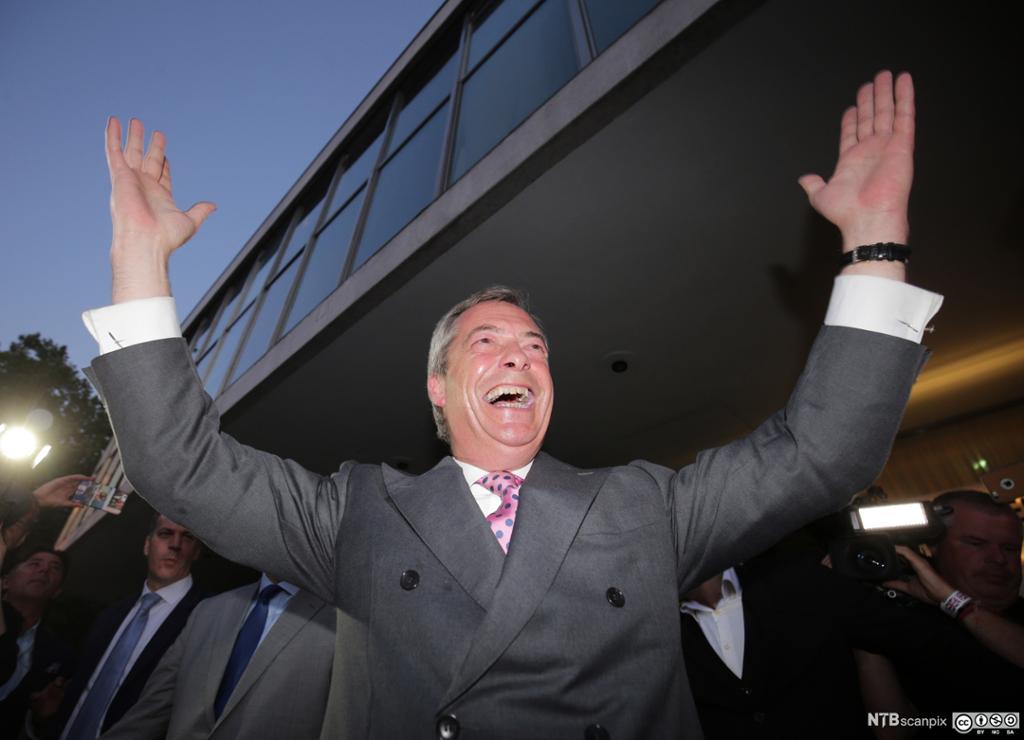Group work: The UK and the EU
Work in a group, talk about the questions and take notes so that you can share your answers in class.
What is the EU?
Why was the EU established?
The EU began with the Treaty of Paris in 1951, but the UK did not join until 1973. Why did they not join right away?
What are the advantages of being a member of the EU?
Are there reasons to worry that the EU is not a democratic organisation?
What is Brexit?
Is Brexit likely to be good or bad for the United Kingdom?
The 2016 referendum was a long time ago. Why are we still talking about Brexit?

In this research task you will be studying methods used during the Brexit campaign. Work in groups, and divide the topics between you. Present the information in the group, then go on to the discussion tasks.
The consulting firm Cambridge Analytica was involved in the working for the Leave Campaign. What methods were used, and why were these methods controversial?
After the referendum, the Leave Campaign was convicted of having broken electoral law during the campaign. What was the campaign convicted of?
During the election campaign a number of promises were made by the Leave Campaign. Find out what promises were made, and try to find out if any of these promises have become a reality since Brexit.
The Brexit campaign was characterised by appeals to people's emotions, rather than reason. Find examples of this, and explain what effect it is likely to have had.
Discussion tasks:
Do any of the methods used during the Brexit campaign give reason to be concerned for democracy?
Is it common to use these kinds of methods?
If you were a voter, would any of the methods used have upset you, or made you feel manipulated?

Work in pairs.
Study the news and find stories related to the relationship between the UK and the EU, or to Brexit. Present the news stories in an informative but entertaining way, for example as a TV or radio news broadcast.
Do the news stories suggest that Brexit has been good or bad for the UK?
Relatert innhold
Article about the UK's relationship with the EU, from the establishment of the organisation until Brexit.